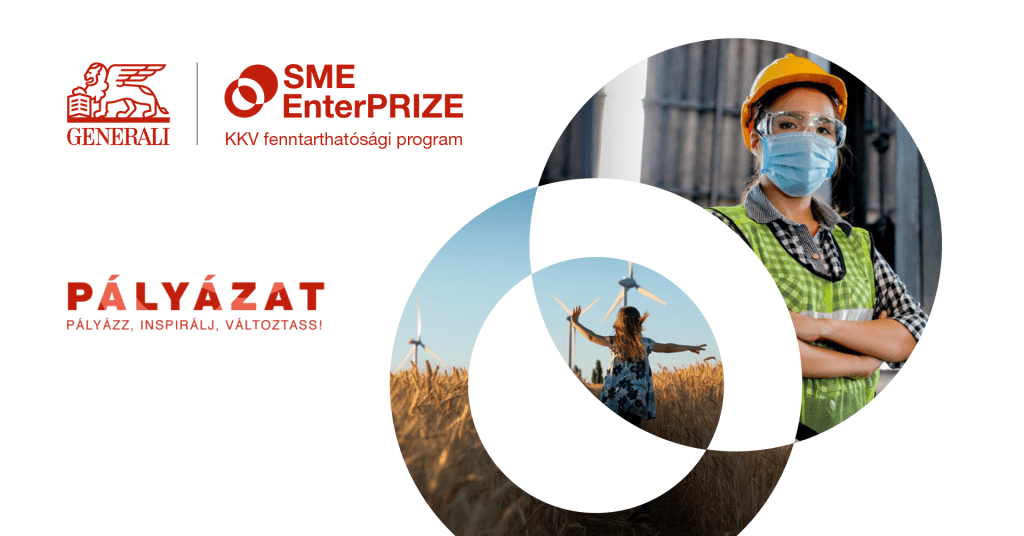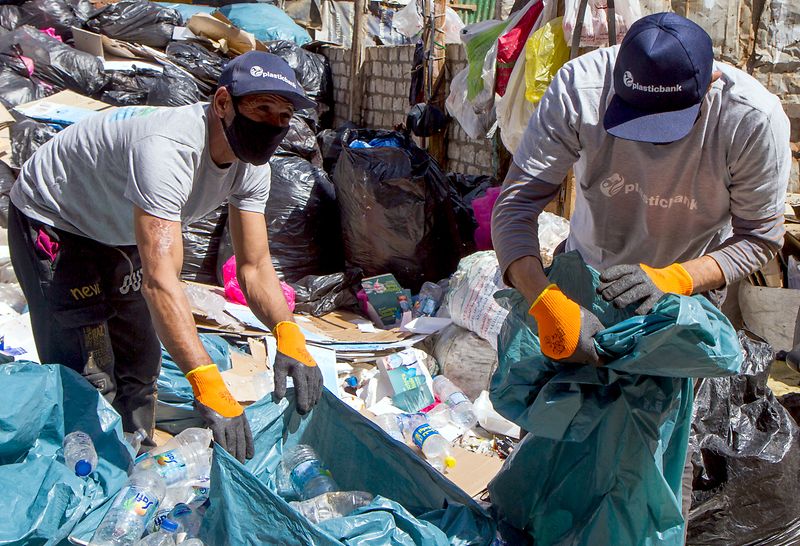In the past years, sustainability has become a main driver of the economy with more and more governments, financial institutions and corporates committing to the journey towards Net Zero. But how has the sustainability agenda been affected by a changing environment in the recent months? We asked the question to our expert speakers from BNP Paribas at our webinar on 12th May. This was the third event of the BNP Paribas Sustainable Future Series, launched a year ago, so now there was an opportunity to look back, what has changed since then, how our expectations became real and what to come next.
Alexandra Basirov (Global Head of Sustainable Finance, Financial Institutions Coverage) talked about how the energy transition is approached from investor point of view. Claire Iversenc (Head of Sustainability and Management Team member for Corporate Coverage EMEA) shared her thoughts about how the transition is viewed by the corporate side and how it appears in the client journey. Cécile Moitry (Co-Head of Sustainable Finance Markets) gave an insight into the Social element of the ESG indicators, which sometimes used to be in the background behind Environmental and Governance aspects, she advised on how to set KPIs and how to integrate the S-factor into the corporate strategy.

Our speakers agreed that a great challenge in energy transition is the speed of technology changes. Corporates and financial institutions might have difficulties keeping up with innovation, especially because they have to select relevant and viable projects to get the expected return. Moreover, the pace of the changes has to be quick enough to reach our climate goals, but not too quick, so that society can adapt and we do not generate a social crisis. Interesting to note that most of the clients of BNP Paribas have their transition solution until 2030. Together with regulators, banks will have to take an active part in the play, leading the corporates, educating their clients and employees, and acting in coalition within the industry. The recent stress test of the European Central Bank showed that climate change poses serious threats to the resilience of the financial system, therefore banks will have to make difficult decisions at some point.
To enhance awareness of ESG among employees, BNP Paribas’s experts recommend a top-down approach. Top management has to be active in the communication of the sustainability strategy of the company. The utilisation of a green financial instrument can positively resonate, employees noticing the realisation of the efforts. The learning curve of such a fundamental evolution implies that corporates have to make investments in training and upskilling their employees. With regulators forcing companies to have a better understanding of sustainability, more people within the organisation need to have thorough knowledge this topic.
Björn Claussen (Regional Head of Multinational Coverage at BNP Paribas Central Europe) moderated the event. The next session to be organized in the autumn will focus on Sustainability innovations.
If you wish to receive the recording of the webinar, or pre-register to our next event, please contact Zsuzsa Berman (Regional Head of Communication at BNP Paribas).










